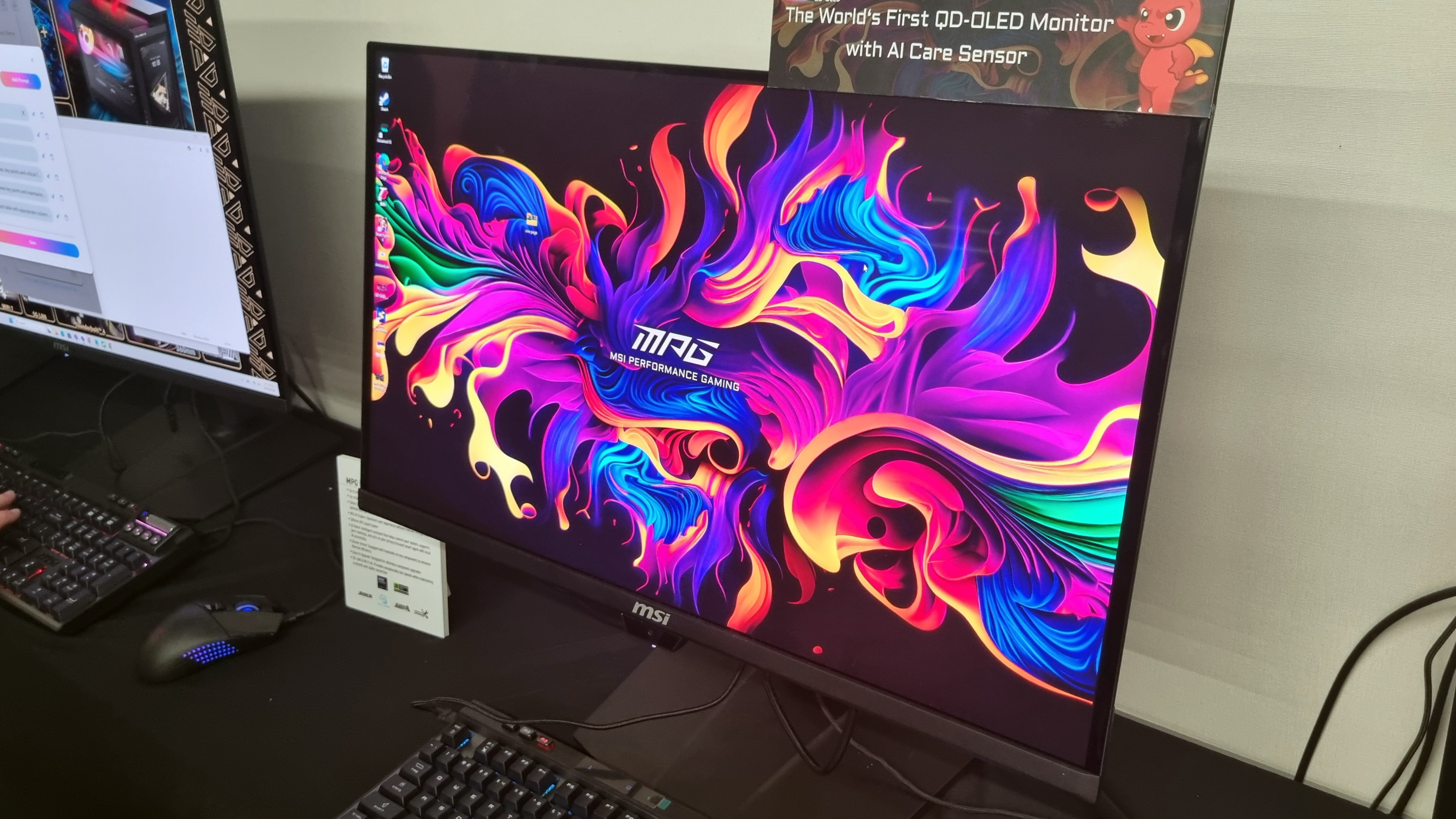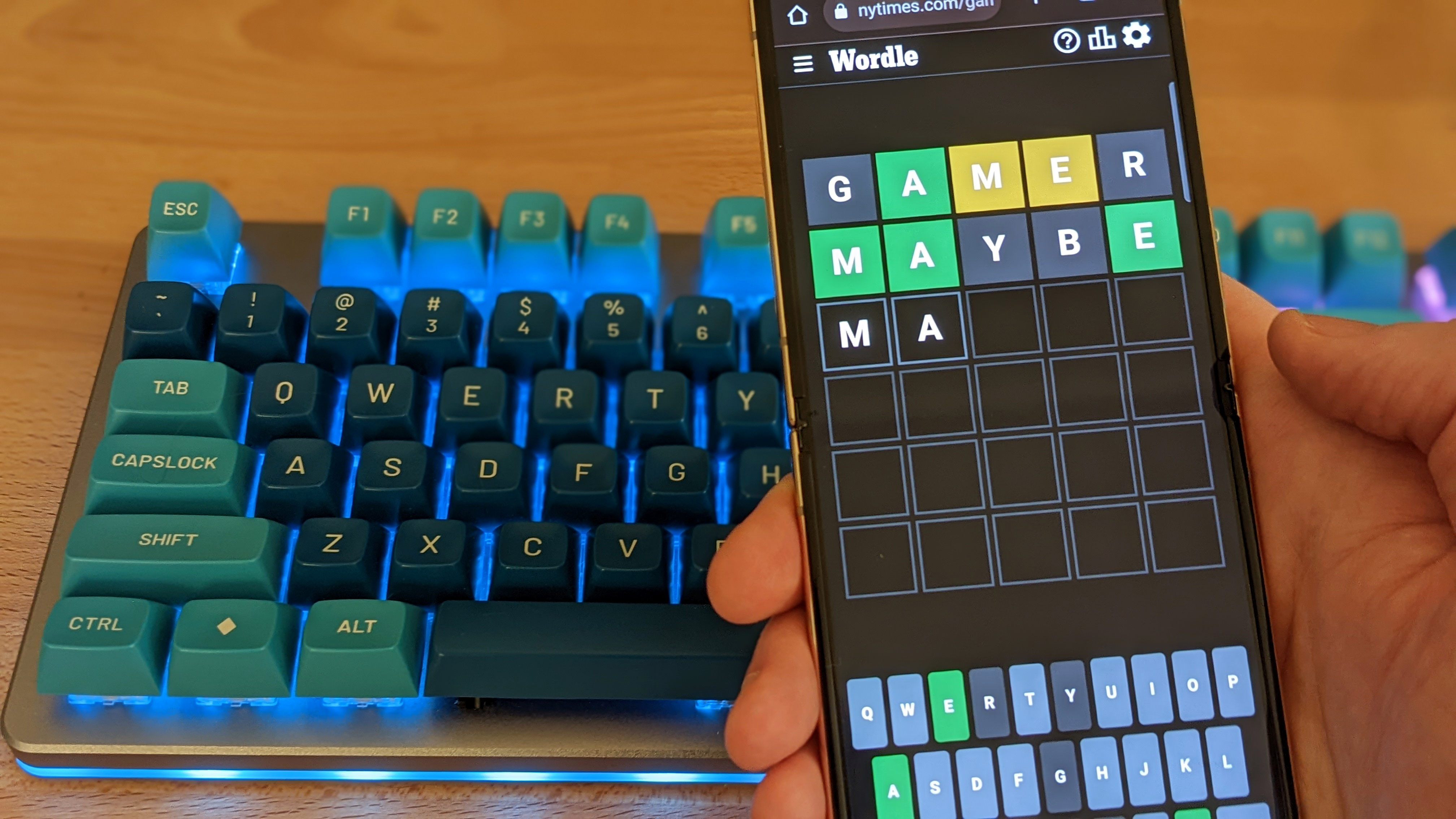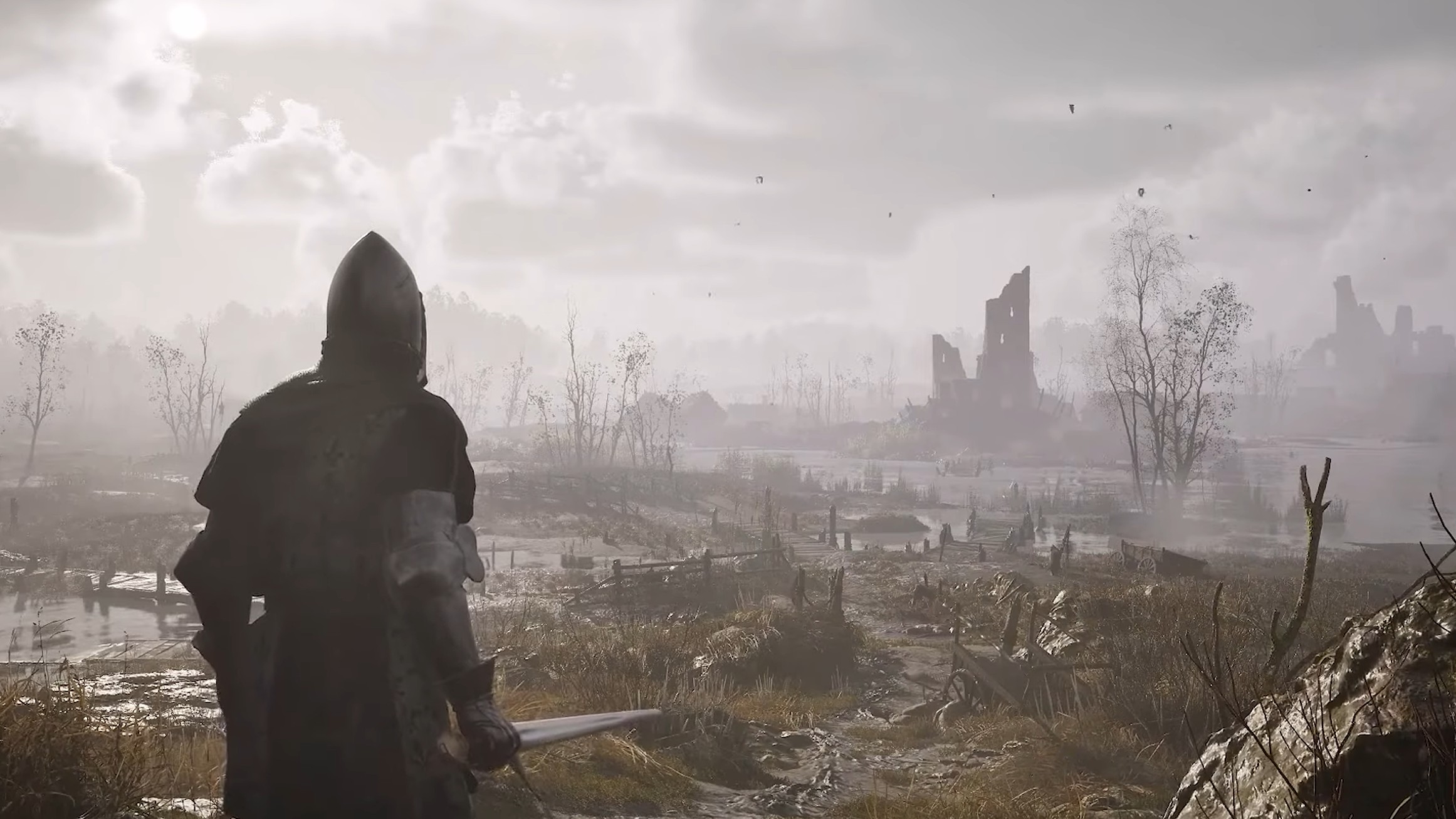
It's a relatively gentle introduction to the genre that emphasizes progression over punishment.
Black Myth: Wukong sheds a lot of the baggage that comes with the soulslike genre despite being a boss-heavy game. At its core, it’s more of an action game with elements inspired by games like Dark Souls rather than a direct copy. Death hurts and bosses hurt more, but there are easily accessible ways to overcome its biggest challenges without simply getting good.
Elden Ring is the most accessible game FromSoftware has ever made largely because of its open world. Any fools who had their ambitions put to rest by Margit know how much stronger you get by exploring all the caves and encampments in the first area. Elden Ring encourages you to spend most of your time combing through side paths so that you can face its toughest battles equipped with all the potent things you’ve found. In Wukong, you rarely need to do that.
Wukong is the soulslike for people who are overwhelmed by the size of Elden Ring and hate having to look up build guides. Everything you need to overcome the toughest challenges in it is available by following the critical path. And even when you run into a crossroad, you won’t spend hours getting distracted by some entirely separate section of the map. It’s a game with levels designed to funnel you back toward your main objective so that you can maintain constant forward momentum.
In the opening forest, there’s a big-headed boss who is 10 times as hard as any enemy you’ve fought before. His attacks are quick, painful, and cover the size of his arena. When I first ran into him, he crunched me like a soda can and flung me back to the last checkpoint. Just to the left of him, however, is another boss who is much, much easier to defeat. The wolf warrior has some quick dash attacks but isn’t much harder than the weak little enemies before him. Defeating him grants you Red Tides, a spell that transforms you into him for several seconds and gives you a set of new attacks. And crucially, any damage you take won’t affect your regular health bar, effectively giving you a second life.
Nothing’s worse than playing a soulslike where you can’t live long enough to even understand how the boss works.
Red Tides might become Wukong’s Mimic Tear and create a legion of tryhards who refuse to use something so powerful that it feels like cheating. But the game offers it extremely early and goes on to have extended fights where it’s almost necessary. It’s an important part of your arsenal and everyone should use it. It won’t let you bypass the point of the game: The extra health bar and damage can make the fight shorter, but you still need to dodge enemy attacks. In the fights that took me more than a few tries, it bought me enough time to see everything the boss could throw at me. Nothing’s worse than playing a soulslike where you can’t live long enough to even understand how the boss works.
It also rewards patient play if Wukong’s combat doesn’t immediately click with you. Red Tides, along with the rest of Wukong’s magic abilities, recharge over time, and many early bosses take long breaks in between attacks. There were several times where I went into a fight expecting to lose only to realize halfway that I could actually close it out with the spells that came back online. In the second chapter, I eked out a victory with a sliver of health against a boulder boss because I could freeze him with the immobilize spell just long enough to pull off a second transformation.
Steady progress
(Image credit: Tyler C. / Game Science)
Besides the spells, Wukong is also surprisingly forgiving when it comes to the areas in between its boss fights. Compared to all the long stretches of time in Elden Ring where you’re searching for hidden items and new areas, Wukong keeps it straightforward and launches you into the next boss fight within minutes.
The linearity of these sections can be a little too restrictive to begin with—invisible walls plague the game’s opening hours—but eventually they give you a chance to gather crafting materials and complete sidequests to prepare for the next series of bosses. I’d often use these breaks to test out new abilities and upgrades, which you can easily swap around for free at any checkpoint shrine, before I settled into something I was confident with. Outside of a few puzzle-like encounters, I was rarely mired by a nasty combination of enemies like you frequently stumble into in many other soulslikes. Wukong never stops nudging you forward and it made me appreciate not having to worry about running into roadblocks before a proper boss fight.
This is why I think of Wukong as an adventure compared to the trial that is trying to wade through grueling areas like the Haligtree in Elden Ring. Sometimes I want some little guys to beat up and feel good about myself instead of an army of soldiers protecting the big bad at the end. Elden Ring toys with this power fantasy a bit but by the time you reach its second half, every monster is equipped to kill you. Wukong lets you gleefully slide through its interstitial areas instead of beating you with a difficulty hammer until you flee to something easier.
(Image credit: Game Science)
To pull that off, however, Wukong gives up a lot of the mystery that FromSoftware imbues into its worlds. You won’t find entire areas hidden by illusory walls in Wukong, but there are definitely secrets to find regardless. The first few bosses have bells you can ring in their arenas and I got a similar thrill out of figuring out what they unlock as I did when I found Elden Ring’s Lake of Rot.
I don’t think Wukong could top a game as cerebral as Elden Ring but it does a phenomenal job at emulating the experience that hooked so many people who hadn’t touched a FromSoft or soulslike game before it. If you’re willing to use all of its tools, you’ll see why it’s so satisfying to climb the mountain of mastering a boss fight—especially because that exercise is consistently shorter than in Elden Ring. Wukong is a relatively gentle first step into a genre that’s become oversaturated with games made for soulslike diehards desperate for punishment. For years I’ve been asked where to start with games like Dark Souls and it’s been hard to pick one that doesn’t demand way more patience than most people are used to. Wukong strikes a compelling balance between the two and it’s the game I’ll be pointing people toward from now on.






